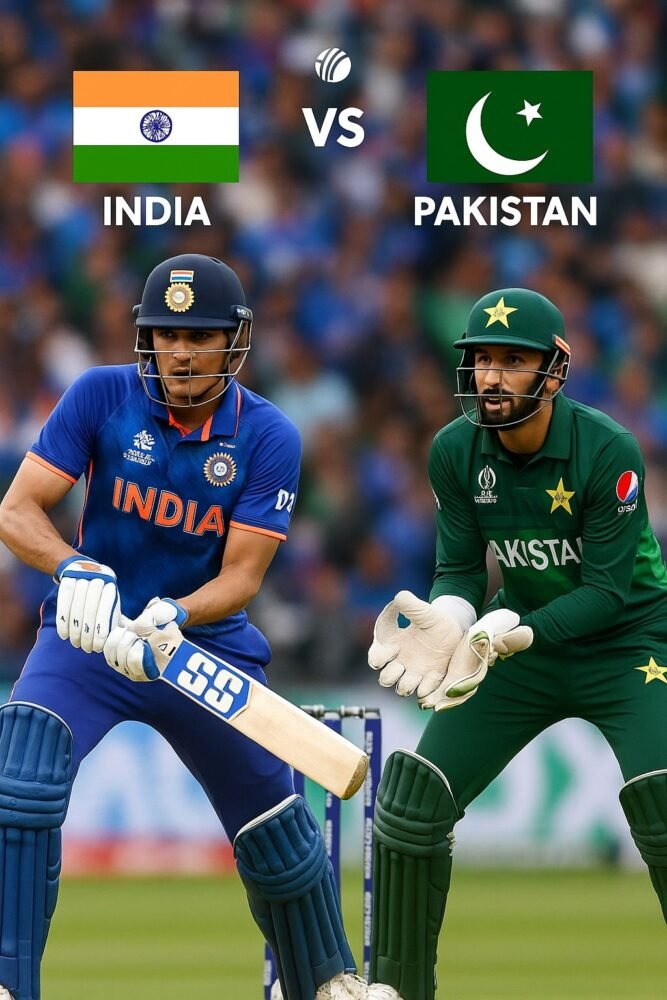In a significant turn of events, the highly anticipated India vs Pakistan match in the second edition of the World Championship of Legends (WCL) was officially called off after several prominent Indian cricketers chose to withdraw, reportedly in response to the Pahalgam terror attack that occurred in April this year. The cancellation marks a rare instance where geopolitical tensions and emotional sentiments directly influenced a global sporting fixture involving former legends of the game.
The WCL, in a statement released on Sunday, expressed regret for the unintended distress caused by the announcement of the match. While the tournament organizers had hoped to rekindle nostalgia and offer fans a feel-good moment through a legendary India-Pakistan face-off, their intentions backfired when several Indian players pulled out, leading to the eventual cancellation of the match.
The match was initially planned as a celebratory fixture in the spirit of sportsmanship, inspired by recent sporting ties between India and Pakistan in volleyball and hockey. However, the announcement sparked concern and criticism, particularly given the sensitivity surrounding the Pahalgam attack on April 22, in which Indian soldiers lost their lives.
“We at WCL have always cherished and loved cricket, and our only aim has been to give fans some good, happy moments,” the WCL said in its statement. “After hearing about the Pakistan hockey team coming to India later this year, and witnessing the recent India-Pakistan volleyball match, we thought it would be fitting to organize a cricket match that could provide joy to fans globally.”
The statement continued, “But maybe in the process, we ended up hurting the feelings of many and stirring emotions. More than that, we unintentionally caused discomfort to our Indian Cricket Legends, who have brought so much glory to the country.”
The fallout began when key Indian players including Harbhajan Singh, Suresh Raina, Yusuf Pathan, and Irfan Pathan reportedly chose not to participate. Though their reasons were not made public in detail, sources indicated that the decision was influenced by the recent terror attack and the national sentiment it evoked.
Shikhar Dhawan, another notable name in Indian cricket, publicly confirmed his withdrawal from the match. On May 11, he shared an email he had sent to WCL organizers, stating that he would not be a part of the fixture due to the “prevailing geopolitical situation.” In a post on social media platform X, Dhawan reiterated his position, saying, “Jo kadam 11 May ko liya, uspe aaj bhi waise hi khada hoon. Mera desh mere liye sab kuch hai, aur desh se badhkar kuch nahi hota,” which translates to, “I stand by the decision I made on May 11. My country is everything to me, and nothing is above the nation.”
With top-tier legends withdrawing, the WCL had little choice but to cancel the match. They also acknowledged that brands associated with the event were affected, despite their involvement being rooted in a love for the game rather than politics.
The canceled match would have been the first India-Pakistan cricket clash since the April military tensions. While cricket between the two nations always draws massive attention, this instance demonstrates how deeply political and emotional contexts can shape the sport’s narrative beyond the pitch.
WCL concluded its statement with a heartfelt apology: “We sincerely apologise again for hurting the sentiments and hope people will understand that all we ever wanted was to bring a few happy moments to the fans.”
The incident has reignited conversations about whether India and Pakistan should engage in bilateral sporting events under the current climate, especially in tournaments that carry symbolic weight and national pride.








